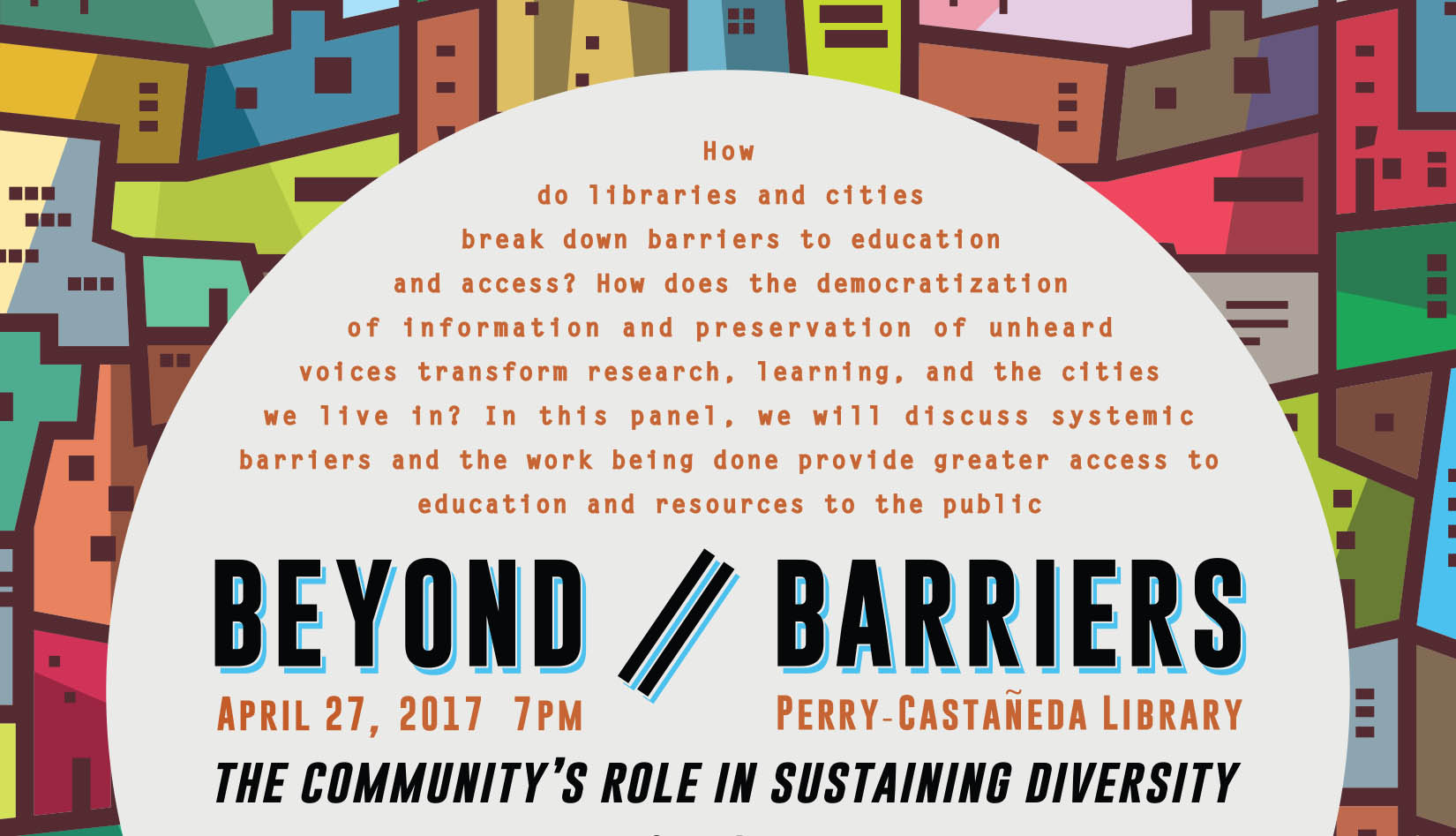In 1928, the city of Austin adopted a plan contracted by a Dallas urban planning firm that effectively segregated the city’s African American and white populations.
Nearly ninety years later, the effects of that decision were still being experienced by minority populations in the city as evidenced in a study by the University of Toronto that showed Austin-Round Rock as the most economically segregated large metro area in the country.
Last November, Austin Mayor Steve Adler announced the formation of a task force that would try to address facets of a community-wide problem by assessing the effects of institutional racism on issues of equity in the city. The resulting committee of business and civic leaders, community activists, educators and law enforcement officials was charged with developing an action plan to address institutional racism and issues of economic and racial disparity across the city’s demographic and geographic landscape to provide city leaders a framework to systematize solutions.
The university itself has recently experienced sometimes newsworthy incidents of bias and intolerance that have encouraged calls from the community to address inequality and privilege on campus. Administrators have responded with both assurances and new policies intended to engender an environment of inclusivity and tolerance across a diverse, global population.
Libraries have traditionally served as a sanctuary from dogmatic attitudes where a currency of knowledge provides a bridge for reasoned debate and discussion on opposing viewpoints. How then can institutions where the rational exchange of ideas is a norm apply its experience to influence or contribute to a larger dialogue on issues of diversity, equality and inclusivity?
Austin Mayor Steve Adler will join UT Libraries Director Lorraine Haricombe along with UT Vice President for Diversity and Community Engagement Gregory Vincent, AISD Board of Trustees Paul Saldaña, and American Library Association President and Austin Community College Library Services Dean Julie Todaro, for a broad-ranging discussion on the impact of inequality in local communities and how core institutions of government and education can work together to implement solutions to create a better society for all. Topics will include:
- The unique relationship between the university and city of Austin, and how that relationship influences concepts of equality in the area.
- The respective roles of the university and libraries in fostering inclusivity across the shifting demographics of a city experiencing a period of substantial growth.
- How K-12 education can overlap with institutions of higher education to create opportunities for underserved populations.
- Efforts to promote information literacy as a means to combat cultural/social misperceptions.
- Ways of addressing institutionalized racism in civic and educational systems.
The event — “Beyond Barriers: The Community’s Role in Sustaining Diversity” — takes place Thursday, April 27, at 6:30 p.m. at the Perry-Castañeda Library, and is free and open to the public.

